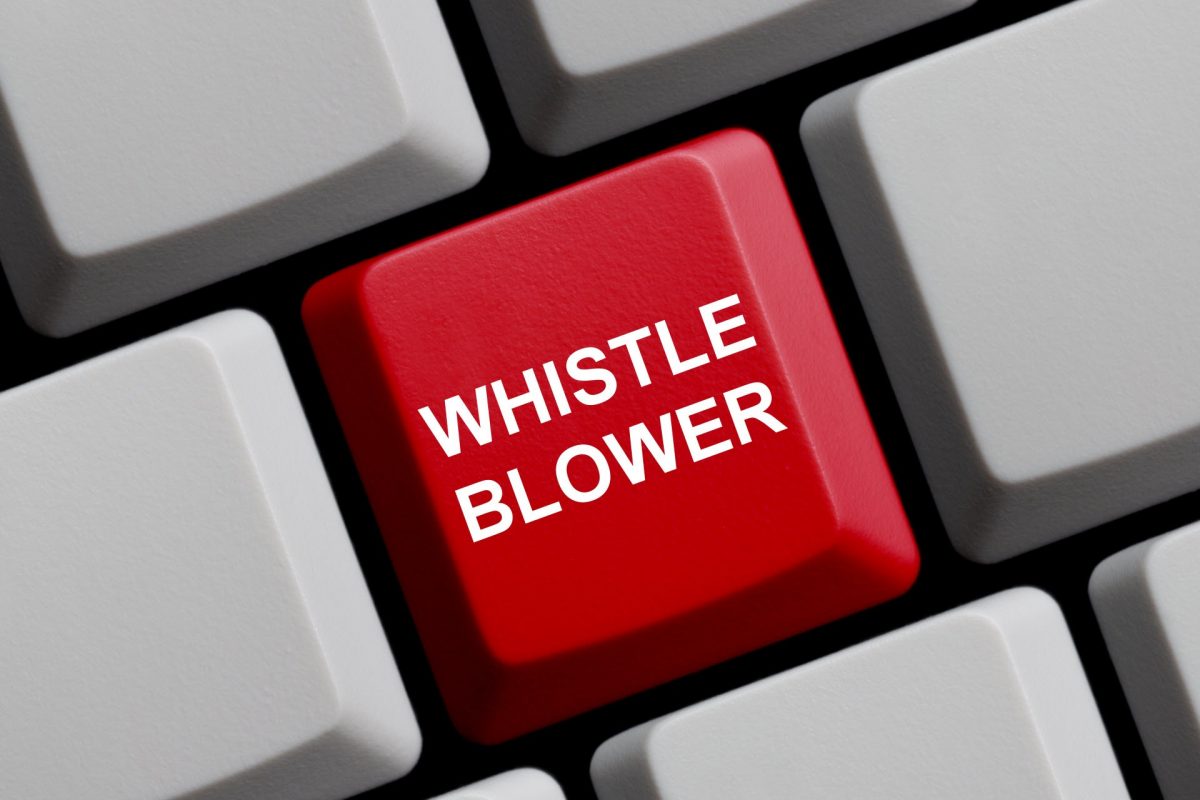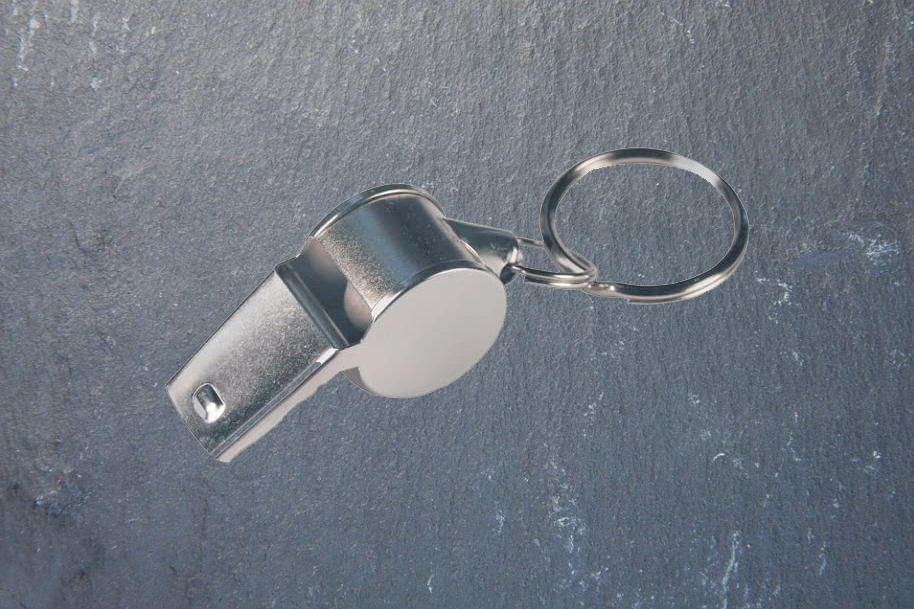How does the Directive affect our companies? How does it benefit us? What does it oblige us to do and within what time frame? Sanctions?
Without trying to bore you by transcribing the Directive, we want to give you a few strokes and invite you to consult us without obligation if you want additional information.
The EU Directive 2019/1937 of the European Parliament and of the Council of October 23, 2019, is related to the protection of people who report infringements of Union law. Not only is it an Anti-Corruption Directive, the interests of the Union are protected through the protection of whistleblowers or whistleblowers regardless of their motivation to report.
It is a Directive that allows anonymous reporting and reverses the burden of proof.
It is the defendant who must prove that he is not responsible for the facts alleged.
A mechanism is created that frees the Courts from conflict.
The channel is not only designed to filter conflicts, but PRE-CONSTITUTES EVIDENCE in the face of subsequent judicial conflicts.
The directive does not exempt anyone except for some very specific exclusions such as those referring to National Security, professional secrecy of lawyers and doctors.
The rule came into force on December 17, 2019. The deadline for transposition of the Directive is until December 17, 2021. The complaint mailboxes should be placed in all companies and we can be sanctioned up to € 500,000 if we do not comply the law.
At Pulchra we can help you with the implementation of Compliance measures, as well as the creation of reporting channels. Our experts will propose the most suitable for you, accompanying you throughout the process.

What does it oblige us as companies and in what term?
Companies are obliged to have a complaint mailbox managed independently from the Company or Administration.
Since the entry into force of the Directive, the complaints channel has become mandatory for all those private legal entities with more than 50 employees. All public legal entities, including those owned or controlled by a public legal entity, are also required to have a complaint mailbox or channel.
Initially, Member States could exempt municipalities with fewer than 10,000 inhabitants, or with less than 50 employees and other public or investee entities with less than 50 employees, from this obligation, by giving a margin. But those that due to their specificity should have a channel for complaints (money laundering, large treatments, data on minors or doctors, unions, professional associations).
However, according to what was expressed by the Ministry of Equality in this month of September 2021, all companies must have complaint mailboxes regardless of their size.
The regulations for reporting abuse require the presence of reporting channels. (Organic Law 3/2007, Royal Decree 901/2020 of October 13)
The internal complaints mailbox, channel or channels is a complex tool, which requires a
series of singularities for those who manage it based on the characteristics of:
SECURITY, INDEPENDENCE, CONFIDENTIALITY, DATA PROTECTION, SECRET and RESPONSIBILITY.
It is a tool that must have a series of sub-channels that must be permanently operational, web, physical letter, email, telephone and face-to-face reporting. And a series of complementary communication certification and risk analysis tools.
And considering this…. We ask ourselves, is the head of HR, our legal advisor, the financial director, a member of the Board of Directors or the Management, the most appropriate person to receive and follow up on complaints internally? Although it is contemplated by the standard, it seems to us to be highly ambiguous, given the need for independence, confidentiality and security, since this could generate distrust and fear of the complainant, being able to choose to report by another external means.
Advice to companies
* Do not wait until the last moment to apply the Directive.
The complaint mailboxes should already be in place in all companies!
* Outsourcing of internal mailbox management
In our opinion, if from the first moment the legislator thinks and admits EXTERNALIZATION
OF THE SERVICE, whether it is in the public or private sphere, we believe that it is the most appropriate for:
Better manage the risk in our company, both financial and corporate reputation
Avoid retaliation to the whistleblower / whistleblower
Give confidence and guarantee to the whistleblower / whistleblower to encourage their concerns to be solved internally and that they do not resort to other channels causing financial and reputational damage to the company. We must bear in mind that the whistleblower has freedom of choice of the reporting channel, being able to make the case public with it with the consequent possible liability and damage to the prestige of the company.
That the employee feels comfortable reporting internally. Channels must be available 24 hours a day, 7 days a week, offering anonymity, being available in the relevant languages, and with understandable explanations.
Create a good, regular and effective internal communication strategy that implies that employees are aware of these internal reporting channels.
Management involvement in supporting the complaint system.

How does this Directive benefit us as a company?
This mechanism for early detection of irregularities offers organizations the opportunity to address concerns at an early stage and thereby avoid potential financial penalties and reputational damage.
Reporting channels promote the disclosure of unethical and illegal behavior.
There are statistics that the majority of whistleblowers try to resolve their problem internally before resorting to other means such as the authorities, the media or the public.
Studies show that the culture of open reporting, where listening to employee concerns is promoted, helps companies be more financially successful in the long run (Towey, Robert (2018): Whistleblowers ultimately help their companies perform better, a new study shows)
If there is a good implementation of this corporate culture, the employee will be strengthened as a member of your company with a leading role in protecting it from reputational damage and financial losses.

